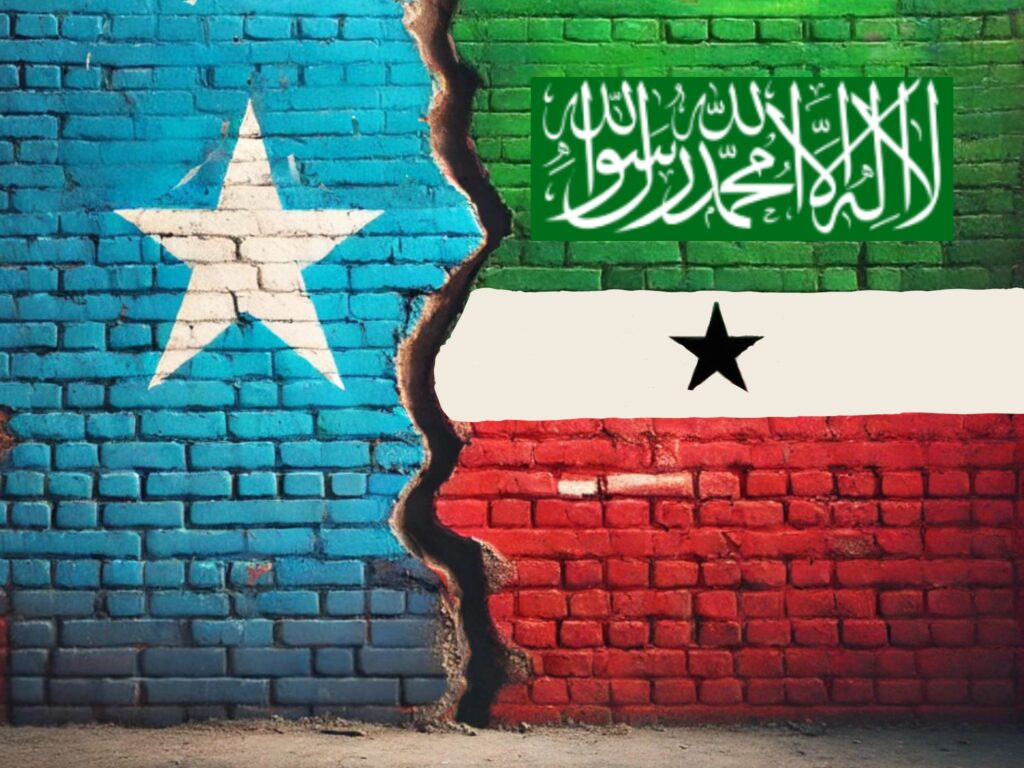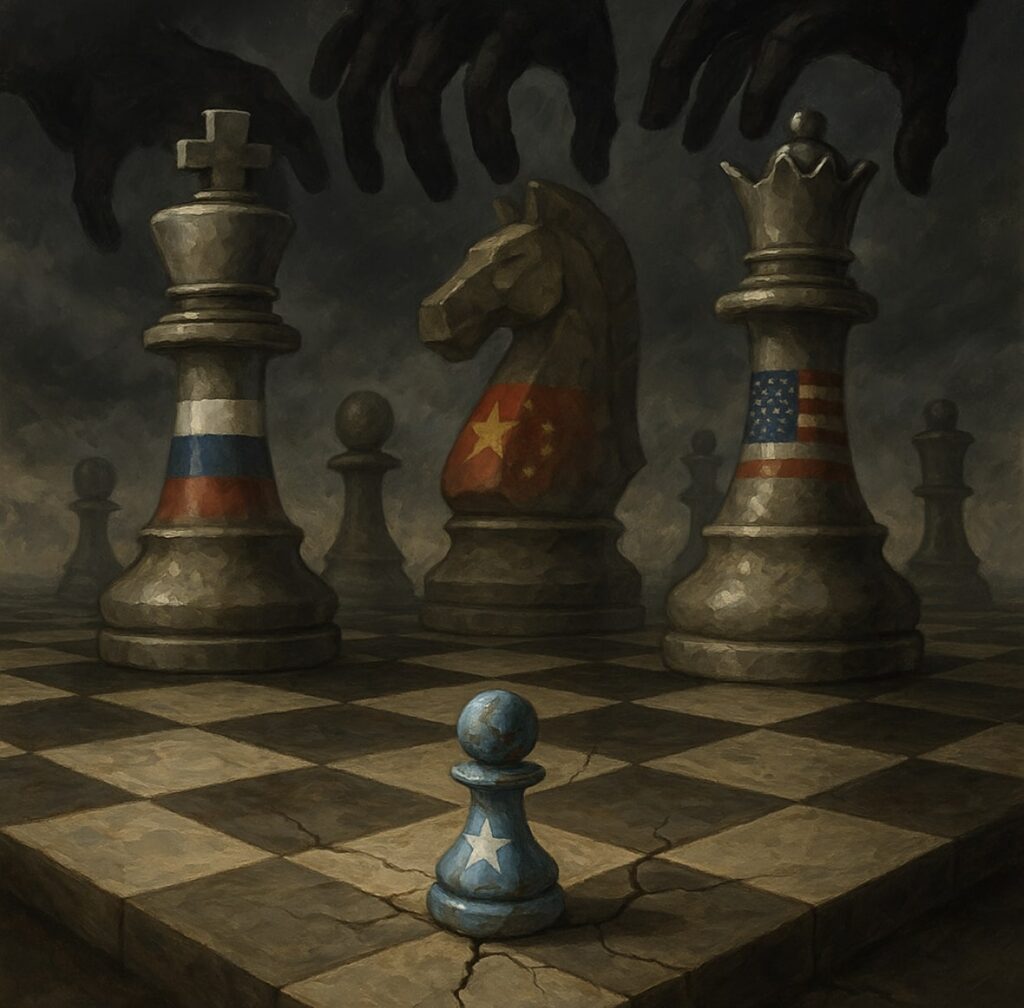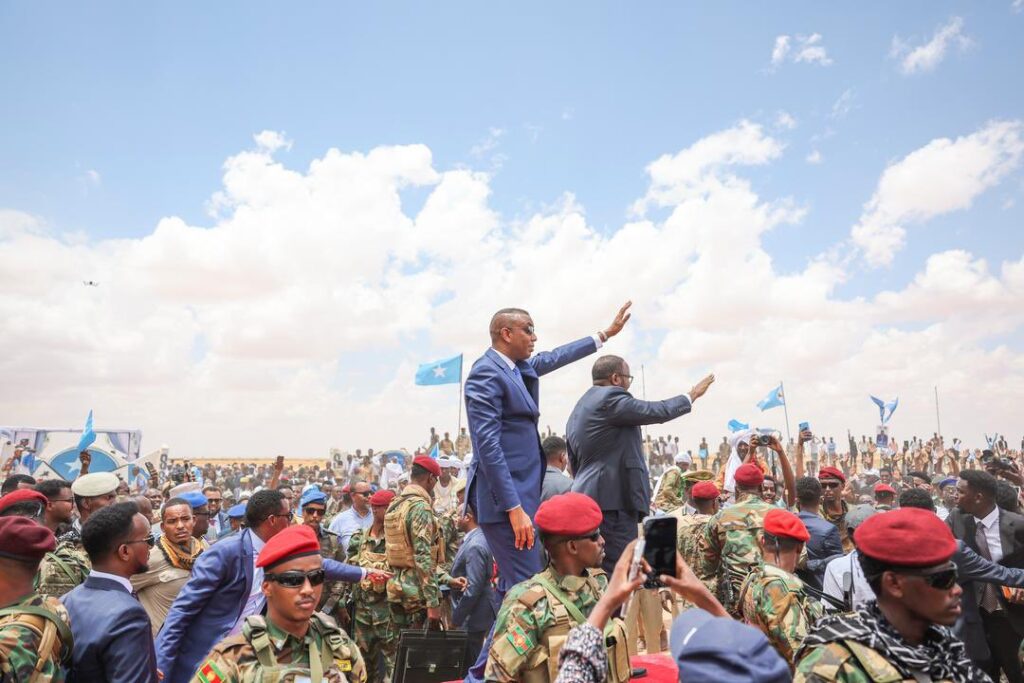The fragmentation of Somalia into smaller entities reflects a colonial legacy that continues to ripple across the African continent. The Berlin Conference of 1884-1885, orchestrated by Otto von Bismarck, Chancellor of Germany, and prompted by Leopold II of Belgium, reshaped the continent without a single African voice in the room. This conference, which aimed to regulate European colonization and trade in Africa during the era of “New Imperialism,” carved Africa into pieces for European interests, disregarding the cultural, historical, and ethnic landscapes of the indigenous people.
For Somalia, the repercussions were profound. What was historically a unified entity—referred to as “Greater Somalia”—was dissected into five regions. These divisions were dictated by foreign powers with no regard for the will or welfare of the Somali people. Southwest Somalia, also known as Ogadenia, was annexed by Ethiopia under British pressure. Djibouti became independent, with France maintaining its strategic interests in the region. Northern Kenya was absorbed by Kenya to appease British colonial ambitions. The remaining two regions—South Somalia and North Somalia (Somaliland)—joined to form the Republic of Somalia. However, this unification was fragile, as historical grievances, tribal dynamics, and colonial borders created deep-seated divisions.
Somaliland, which declared independence in 1991 following the collapse of the central Somali government, has been campaigning for international recognition ever since. While its declaration remains unrecognized by the international community, the region has functioned as a de facto independent state, with its own government, military, and economic systems. Recently, the geopolitical interest in Somaliland has intensified.
The United Arab Emirates (UAE) has emerged as a major player, backing Somaliland’s quest for independence. But this support comes with strings attached. The UAE’s strategic interest lies in investing in Somaliland’s ports, particularly the port of Berbera, which offers access to the Red Sea and serves as a vital trade route. This partnership would allow the UAE to solidify its influence in the Horn of Africa and use Ethiopia as a buffer to control the strategic Red Sea corridor. This agenda aligns with UAE’s broader regional ambitions, supported by the United States, the European Union, and several Gulf states—excluding Qatar.
However, this support for Somaliland’s independence risks destabilizing an already fragile region. Somalia’s central government is unlikely to accept the secession of Somaliland, potentially leading to armed conflict. Neighboring countries like Ethiopia and Kenya could also be drawn into the fray, given their historical ties and interests in the region. The UAE’s control over Somaliland’s ports could marginalize other players in the region, heightening tensions over trade routes and economic access.
But the issue extends beyond foreign influence. Somalia suffers from internal challenges such as ineffective leadership and societal division. Somali society remains deeply entrenched in tribalism, often prioritizing clan affiliations over education, merit, and national unity. This divisiveness weakens the social fabric, leaving the nation vulnerable to manipulation and exploitation. The political elite exacerbate these problems, prioritizing personal power, wealth, and fame over the nation’s future. Instead of offering visionary leadership, they exploit societal divisions for their own gain, often aligning with foreign interests in pursuit of personal ambitions.
The consequences are dire. Without serious reform and unity, Somalia risks further fragmentation. Somaliland’s quest for independence could inspire similar movements in other regions, weakening the country and rendering it vulnerable to external exploitation. Resources could be lost, and Somalis may find themselves refugees in their own land.
Somaliland’s decision to unite with South Somalia in 1960 to form the Republic of Somalia was driven by an aspiration for unity and progress. However, disparities in power-sharing and governance dashed those hopes. While Somaliland’s desire for independence stems from legitimate grievances, achieving it through external agendas could lead to chaos, much like the current situation in Sudan.
Somalia’s unity—or lack thereof—is a deeply complex issue, shaped by historical injustices and modern geopolitical interests. Any resolution must prioritize the long-term well-being of the Somali people. External powers like the UAE, the U.S., and the EU must focus on fostering sustainable peace and development rather than pursuing strategic gains.
The legacy of the Berlin Conference still haunts Africa’s borders, and the continent cannot afford to repeat the mistakes of history. A fragmented Somalia will only lead to conflict, poverty, and despair. True progress requires unity, cooperation, and leadership that prioritizes the nation’s future over short-term gains. Somalia, and Africa as a whole, deserves better.





